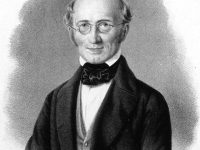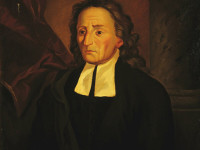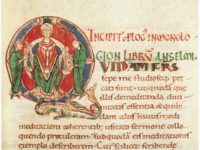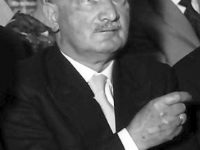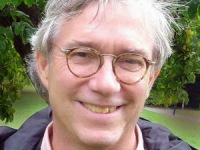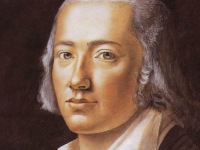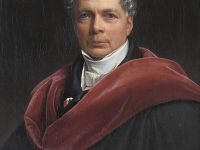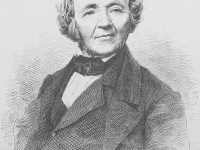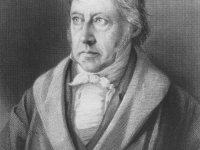Friedrich Eduard Beneke and experimental Psychology
On February 17, 1798, German psychologist and post-Kantian philosopher Friedrich Eduard Beneke was born. Beneke argued that inductive psychology was the foundation for the study of all philosophical disciplines. He rejected the existing idealism for a form of associationism influenced by both Immanuel Kant and Locke. Beneke agreed with Herbart’s general idea that mathematics should be introduced into psychology, but he felt that Herbart’s attempt to quantify psychological phenomena was insufficiently empirical. Beneke…
Read more

